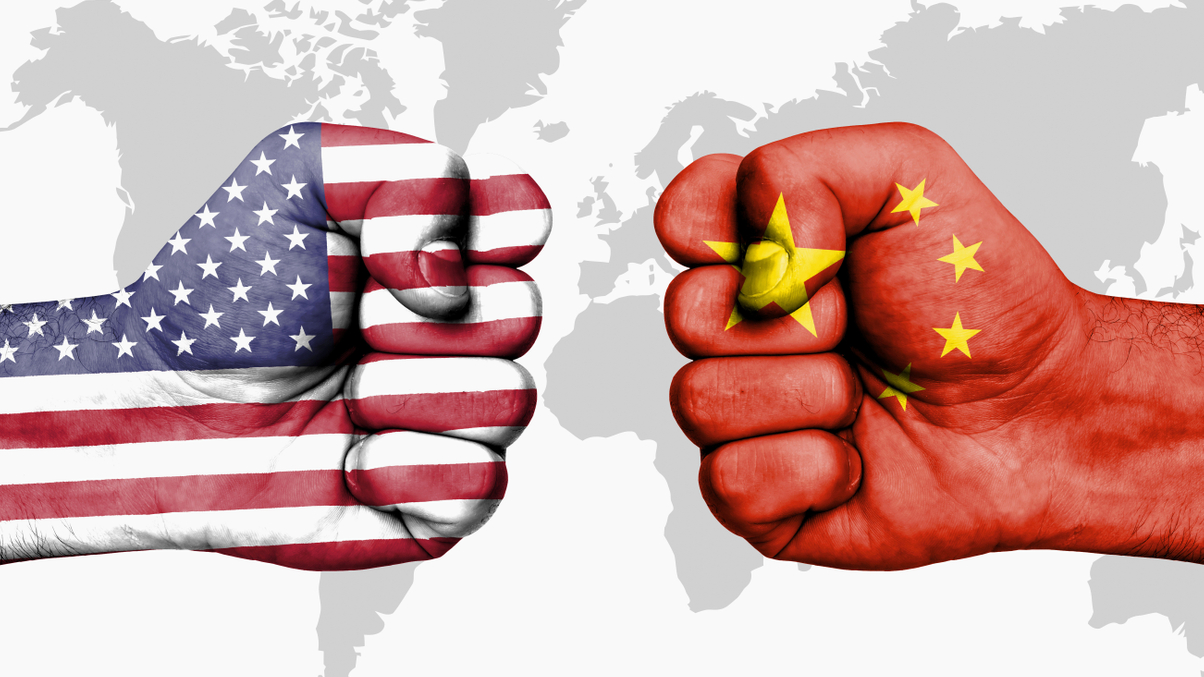SWFs expect China to win post-Covid economic Cold War
Increasing polarisation between East and West leaves China in the economic driving seat, according to a new IFSWF and Invesco report.

As tensions between China and the US are likely to dominate the post-coronavirus economic landscape, 60% of sovereign wealth funds believe that the Chinese economy will recover not just more quickly but also more fully than other major economies.
Sign in to read on!
Registered users get 2 free articles in 30 days.
Subscribers have full unlimited access to AsianInvestor
Not signed up? New users get 2 free articles per month, plus a 7-day unlimited free trial.
¬ Haymarket Media Limited. All rights reserved.


